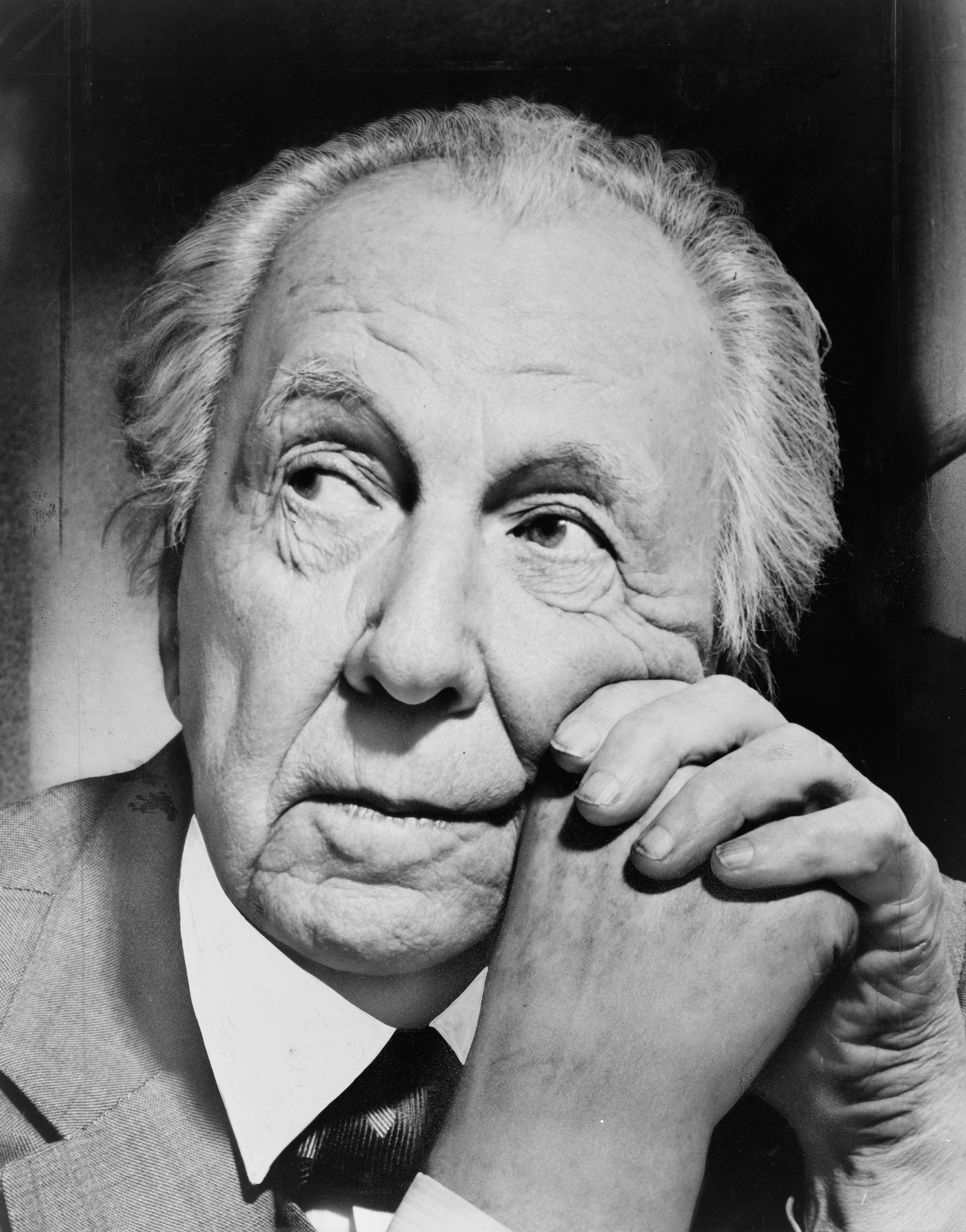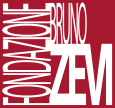Frank Lloyd Wright

The Future of Architecture, Horizon Press, New York 1953, pp.321-322
1. NATURE means not just the “out-of-doors,” clouds, trees, storms, the terrain and animal life, but refers to their nature as to the nature of materials or the “nature” of a plan, a sentiment, or a tool. A man or anything concerning him, from within. Interior nature with capital N. Inherent PRINCIPLE.
2. The word ORGANIC denotes in architecture not merely what may hang in a butcher shop, get about on two feet or be cultivated in a field. The word organic refers to entity, perhaps integral or intrinsic would therefore be a better word to use. As originally used in architecture, organic means part-to-whole-as-whole-is-to-part. So entity as integral is what really meant by the word organic. INTRINSIC.
Il futuro dell’architettura, Zanichelli, Bologna 1985, p. 318.
1. Il termine NATURA non si riferisce solamente alle nuvole, agli alberi, ai fenomeni atmosferici, alla vita vegetale o animale o a tutto quello che c’è “all’esterno”; si riferisce alla loro natura come alla natura di un materiale, o alla “natura” di un progetto, di un sentimento, di uno strumento. Esso si riferisce all’uomo, a tutto quello che lo riguarda dal di dentro, e quindi alla sua Natura interiore, scritta con la N maiuscola. La natura di una cosa è il suo PRINCIPIO VITALE.
2. Da un punto di vista architettonico, il termine ORGANICO non si riferisce semplicemente a quello che potremmo vedere esposto in una macelleria, a tutto ciò che può muoversi su due zampe o a quello che si può coltivare in un campo. Esso vuole, prima di tutto, riferirsi al concetto di entità e potrebbe forse essere opportunamente sostituito da termini più adatti, come intrinseco o integrale. Architettonicamente parlando, il termine organico viene usato, all’inizio, per disegnare la corrispondenza esistente tra il generale e il particolare e viceversa, e quindi l’entità integrale di un fenomeno. Organico significa INTRINSECO.

 English
English